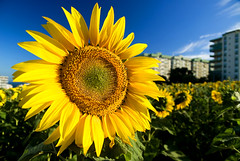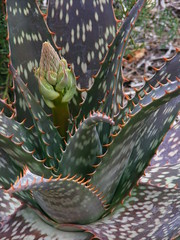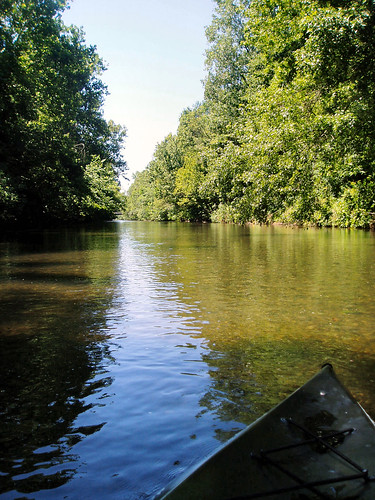Historically May Day has commemorated the coming of spring and a recognition of workers' rights. Here's another cause for its celebration: International Sunflower Guerrilla Day. It's easy, it's fun, it's slightly subversive and it brings joy to all who look upon its fruits. What could be bad?
Here's how to do it: Find a crummy, neglected and sunny public space somewhere near your place. Get some sunflower seeds, the bigger the flower, the better. Take a bottle of water and a little spade, stick or soup spoon with you to the spot. Dig a hole about 3/4 of an inch deep. Drop in a seed and water it. Return every once in a while to water it and clean off the litter. Watch the little seedling grow into full bloom by August. If you want to show your success to the world; take a picture and post it on the community website. Fellow gardeners in Brussels, London and France will be doing it too. Happy May Day, however you choose to celebrate it.
For the less subversive, one might choose to participate in the Great Sunflower Project, a citizen science activity in which people plant sunflowers in their garden and report visits by bees. Here's how participation in the project will help:
Your home, school or community garden and those around the world produce roughly 15-20% of all the food we eat. And for the urban poor, who spend 50-70% of their income on food, these gardens are a real source of good nutrition and an essential route to food security.
Whether your garden contains vegetables, fruit trees, flowers, or even medicinal plants, many of these plants must be pollinated before a fruit forms. And as the headlines for the last year have made clear, bees are under threat. Here is a link to information about some of our bees in peril.
We know very little about bee activity in home and community gardens and their surrounding environments, but we are certain that they are a crucial link in the survival of native habitats and local produce, not to mention our beautiful urban gardens. Our local pollinator populations require our understanding & protection, and to answer that call we need to determine where and when they are at work.
With enough citizen scientists collecting data, we can learn much more, much faster, about the current state of bee activity. We would love to have you join us; let’s learn about pollinators together!













2 comments:
A perfect gift.... would also like to add a mother's day gift with it from Collectibles Today for my mom.
I've bought my seeds - will try to plant today. Then try to protect them against the indiscriminate lawn mower.
Post a Comment